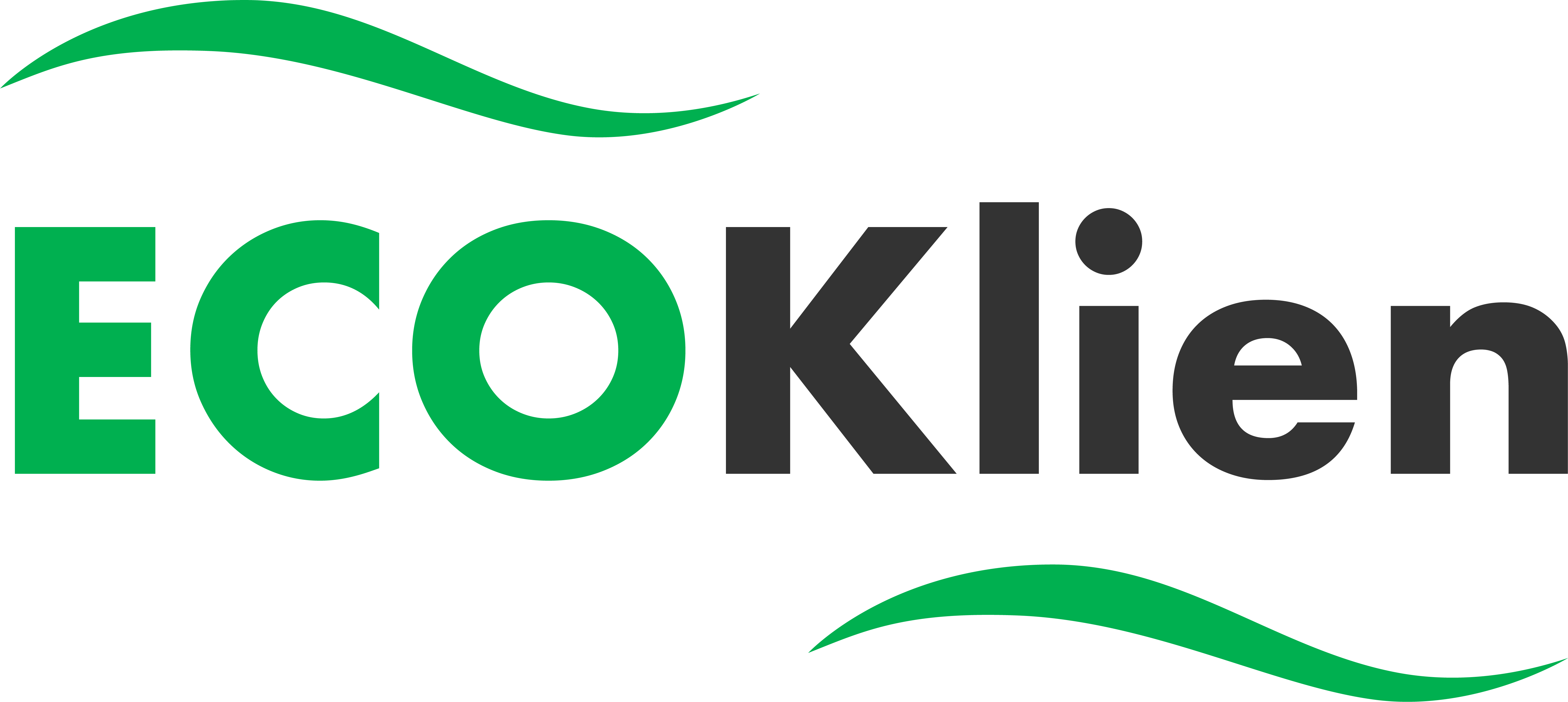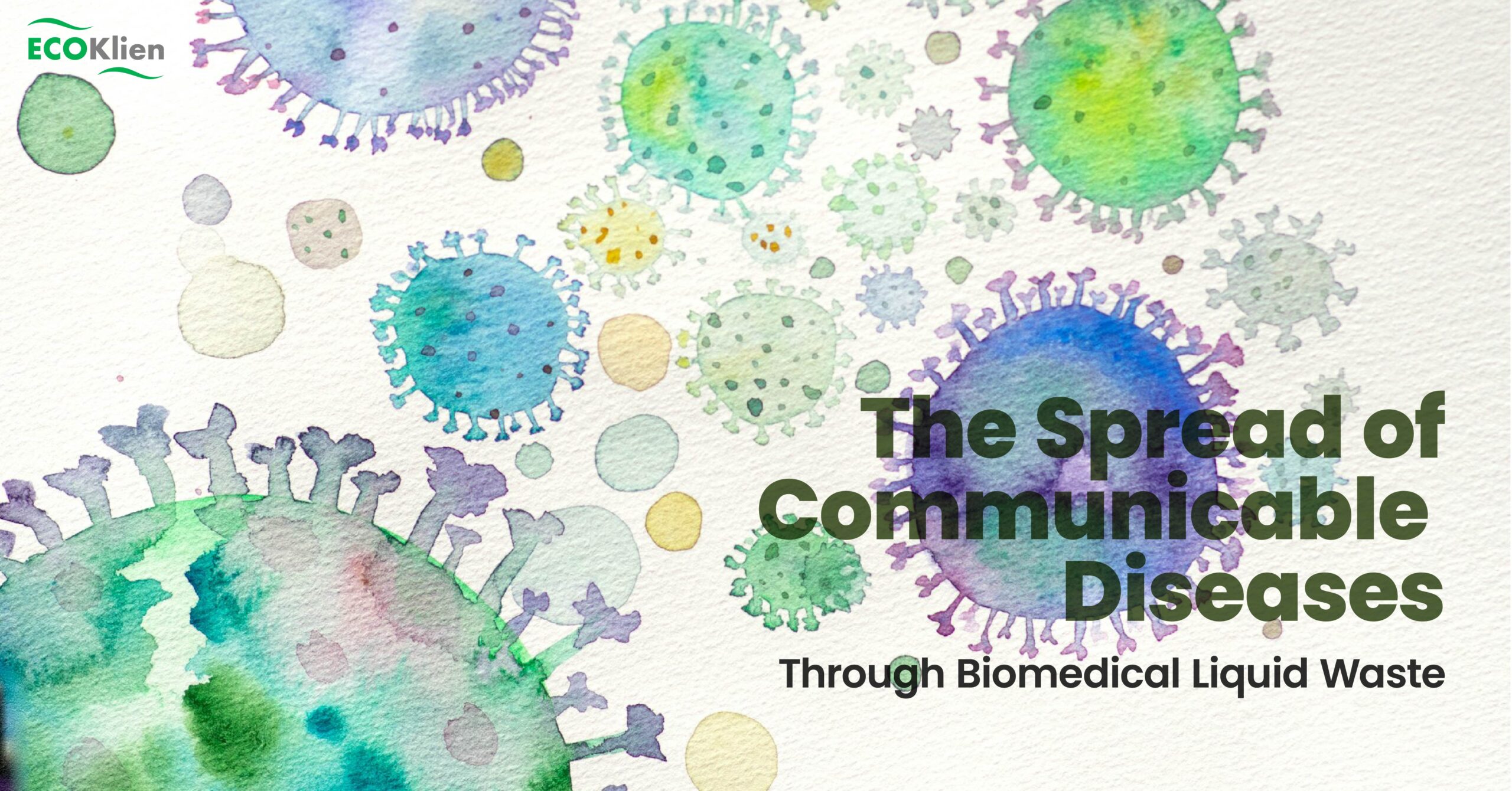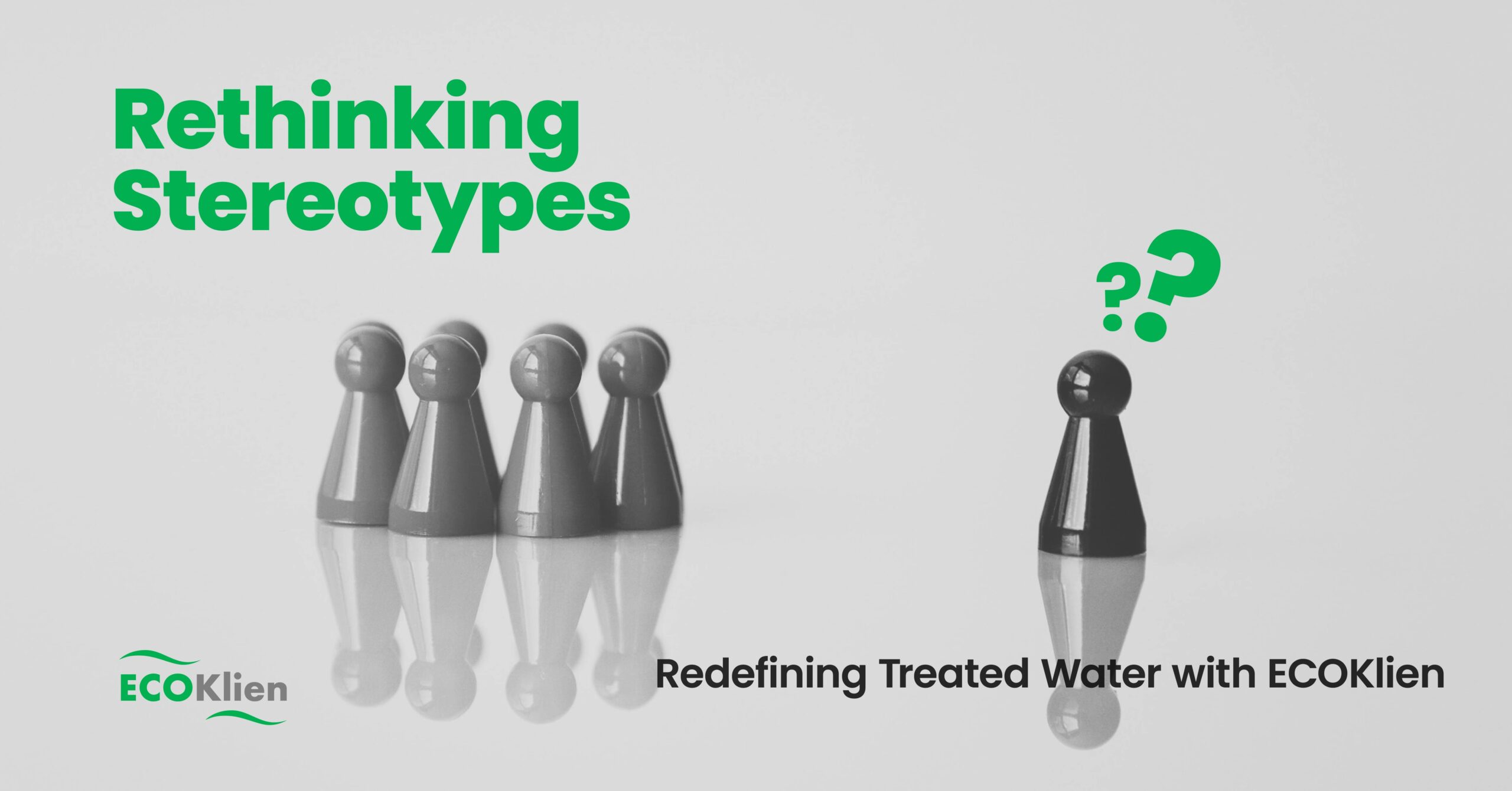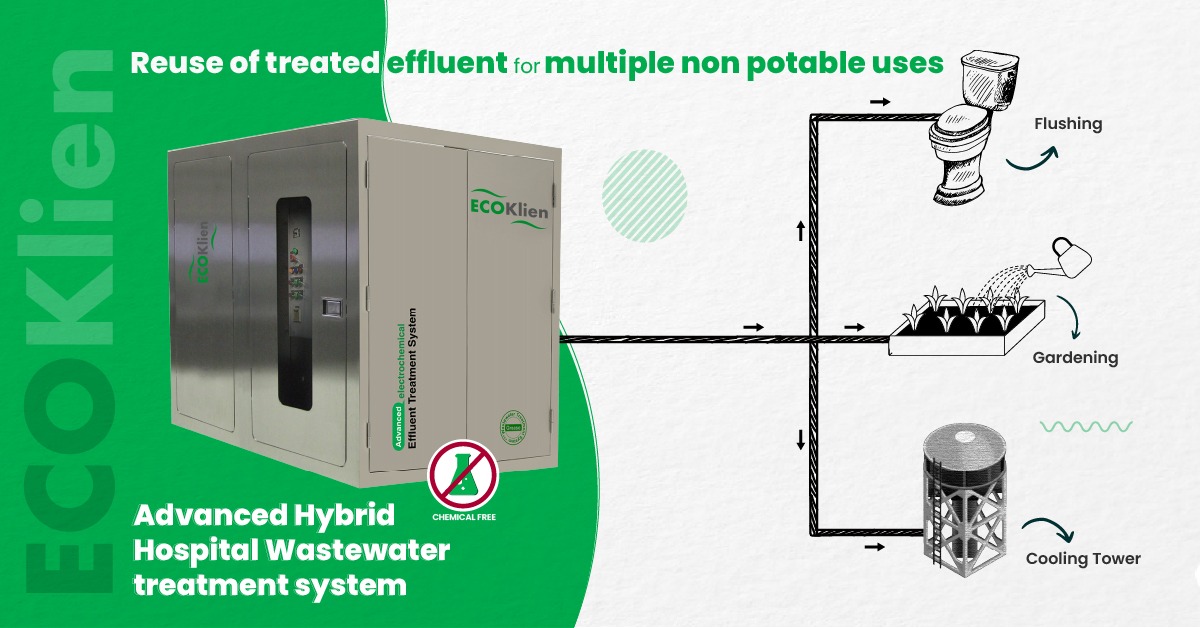Sludge, a byproduct of various industrial and municipal wastewater treatment processes, including those in healthcare facilities, can pose significant environmental and health risks if not managed properly. It is a semi-solid substance that settles to the bottom of tanks or lagoons during wastewater treatment.
Environmental Impact of Sludge Waste
Improper disposal of sludge can lead to a variety of environmental problems:
- Water Pollution: If not treated correctly, sludge can contain harmful pollutants, including heavy metals, organic compounds, and pathogens. When discharged into water bodies, it can degrade water quality and harm aquatic life.
- Soil Contamination: Land application of untreated sludge can contaminate soil and groundwater, leading to long-term environmental damage.
- Air Pollution: Incineration of sludge, if not properly controlled, can release harmful air pollutants.
ECOKlien’s Role in Sludge Management
While ECOKlien is primarily designed for treating liquid waste, it indirectly contributes to sludge reduction by efficiently treating liquid waste at the source, in healthcare facilities.
Linked In This Page:

Waterborne Diseases
Definitions Waterborne diseases are illnesses caused by pathogenic microorganisms transmitted through contaminated water. These diseases pose a significant threat to public…

Wastewater-biomedical liquid waste
Definitions Water that has been used – Merriam Webster Wastewater is used water that has been affected by domestic, industrial, and commercial…
The Spread of Communicable Diseases through Biomedical Liquid
Are hospitals curing or spreading diseases?…
Rethinking Stereotypes: ECOKlien Redefining Biomedical Liquid Waste
Misconceptions of reclaimed water and how ECOKlien overcomes them…
Redefining Wastewater Treatment – Hospital & Biomedical Liquid Waste
No odor, color, & for multiple non-potable uses….



